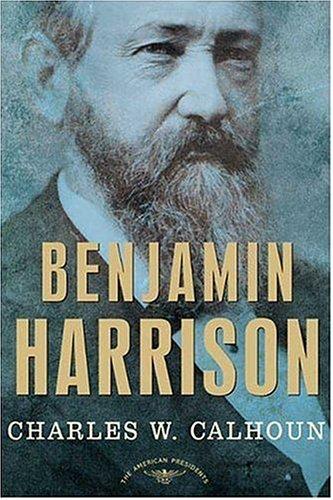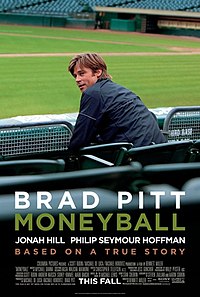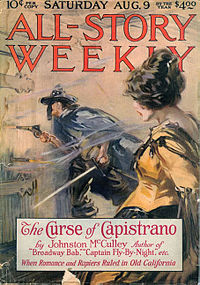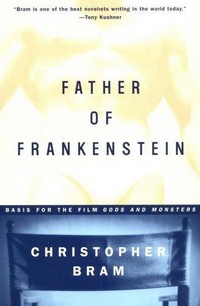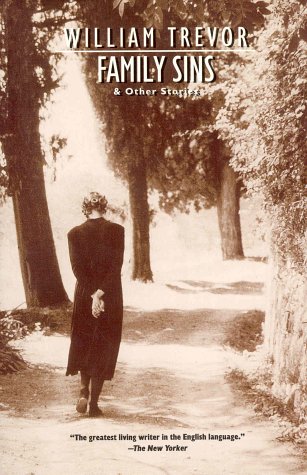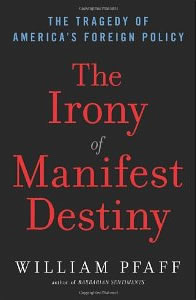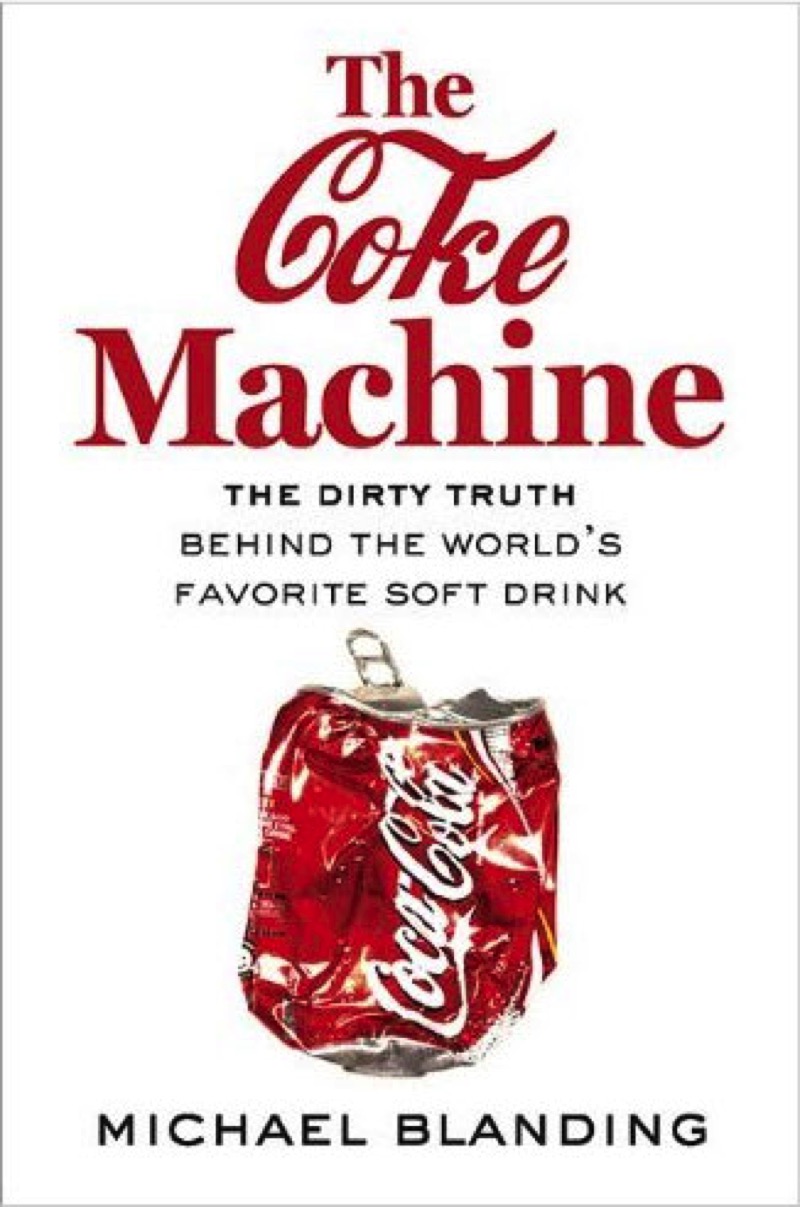One Year, One Hundred Books
Sometime around January 1, 2011, I stumbled upon one of those sites where readers had challenged each other to read a hundred books throughout the year. It seemed ridiculously easy at the time, but in fact I almost didn't make it. This has everything to do with my penchant for picking up fat biographies and even fatter books on American History. Early on, I knew I'd have to set some arbitrary ground rules: graphic novels would be acceptable but cookbooks were a sin. So while I can report it wasn't all heavy tomes whose weight broke my Kindle's back, I have to admit I only finished the last book on December 30 at around four o'clock. You can see the full list here.



